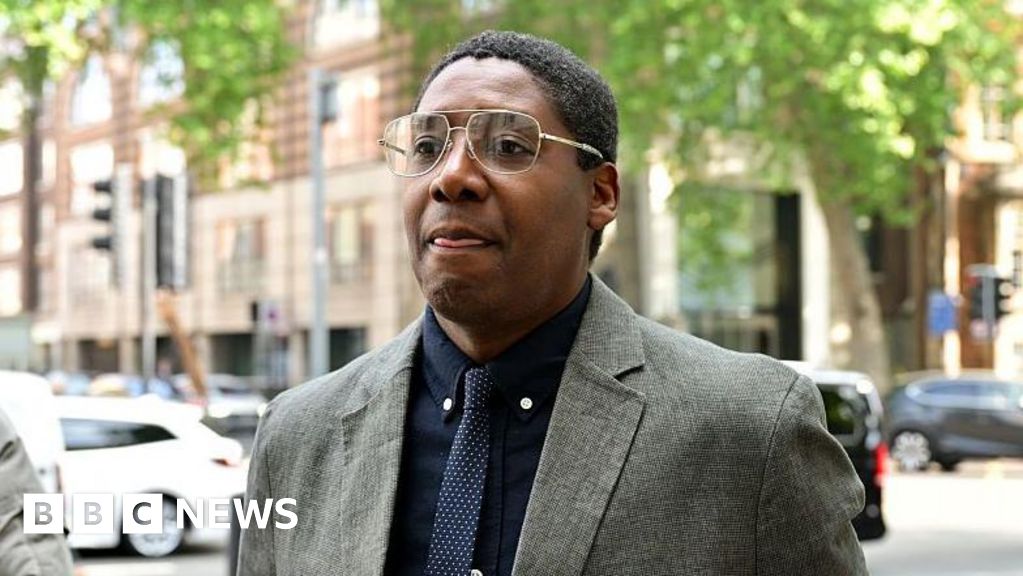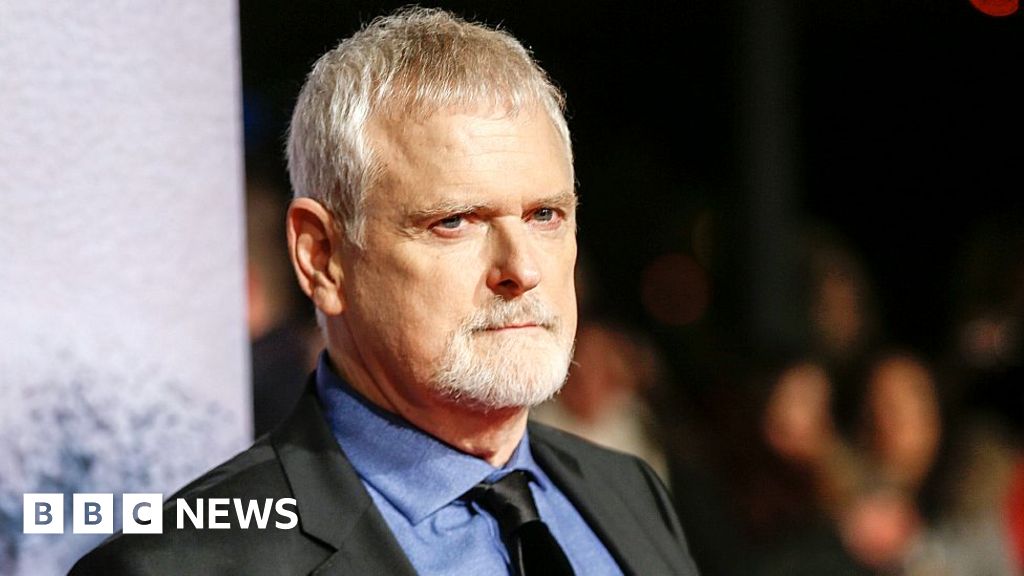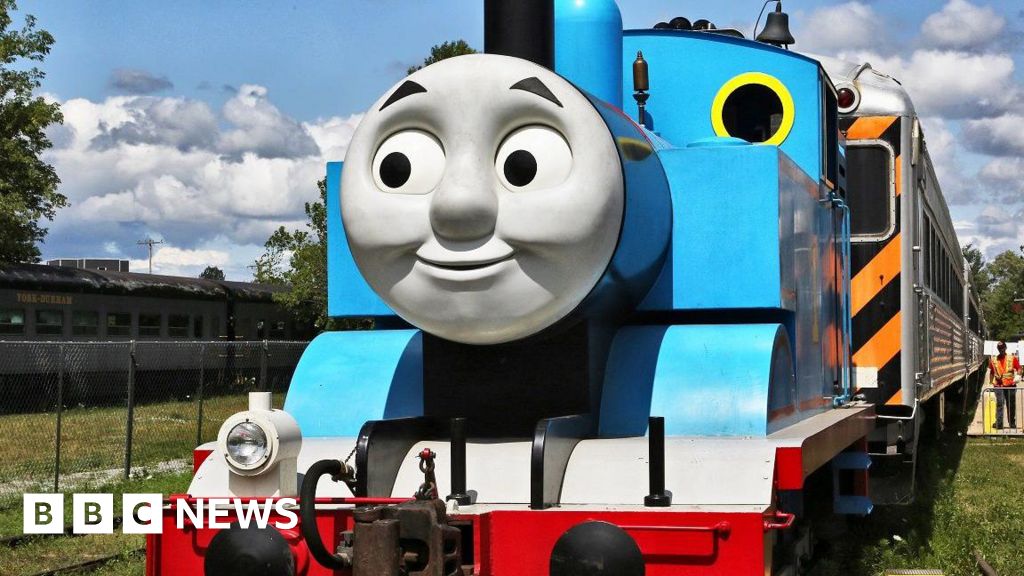ARTICLE AD BOX
Sir David Attenborough's wildlife documentaries are among the BBC's most popular programmes
The culture secretary has said that the next announcement about the TV licence fee will be the last - fuelling speculation that the government is planning to scrap the system.
Nadine Dorries tweeted at the weekend that it was time to consider new ways to fund and sell "great British content".
The government is also thought to be considering a freeze on the licence fee for two years.
What is the licence fee?
The TV licence is a flat fee of £159 a year (£53.50 for black and white TV sets).
By law, each household in the UK has to pay it (with some exemptions) if they:
- watch or record programmes as they're being shown on any TV channel
- watch or stream programmes live on any online TV service - for instance, All 4, YouTube, or Amazon Prime Video
- download or watch any BBC programmes on BBC iPlayer.
The rules apply to any device on which a programme is viewed, including a TV, desktop or laptop computer, mobile phone, tablet or set-top box.
So, for example, someone watching a live football match on a non-BBC channel via a laptop, would still need to pay.
If you do not pay the licence fee, you can be taken to court. In 2019, there were 122,603 prosecutions and 114,531 convictions for TV licence evasion.
What is the licence fee used for?
Money raised from the licence fee pays for BBC shows and services - including TV, radio, the BBC website, podcasts, iPlayer and apps.
In exchange for this money, the BBC is committed to provide public service broadcasting.
According to its Royal Charter this means its mission is "to act in the public interest" by providing "impartial, high-quality and distinctive" content, which will "inform, educate and entertain" everyone who pays the licence fee.
Why is the licence fee now under threat?
The licence fee's existence is guaranteed until 31 December 2027.
However, it has come under criticism for several years now - for several reasons.
It is a flat-rate payment, which means that the poorest households are paying as much as the richest.
Questions have also been raised about whether non-payment is a serious enough issue to justify someone being threatened with imprisonment or a criminal record.
The licence fee was introduced in 1946, when the BBC was the sole provider of broadcasting in the UK.
However, it now competes not only with advertising-funded TV channels, but also online content such as YouTube and subscription services such as Netflix and Now TV. Many people question whether they should still be forced to pay for the BBC, when it is a service they may not necessarily use.
What could replace the licence fee?
A tax on broadband connections of around £138 a year, which could be paid for by consumers or by internet service providers, could replace the BBC's current level of funding, according to Ampere, a media analytics firm. But if internet service providers passed the cost on to consumers, it could be harder for deprived households to access the internet.
A government grant - in Sweden, Croatia and Finland, public service broadcasters are paid for by a tax on income. This could cost taxpayers around £116 each a year. However, being funded directly by the government could give politicians more influence over the corporation's coverage and undermine the BBC's impartiality.
Advertising - The UK is one of only three countries where licence fees are not also supported by advertising (the others are Denmark and Norway). However, TV advertising revenues have been in decline for several years now.
A subscription service - It's been suggested that the BBC follow the example of Netflix and change to a subscription service. However, it's estimated that to provide its current services, the BBC would have to sign up approximately 24 million users, each paying £13 per month. Also, it's not clear how BBC One and BBC Two could be put behind a pay wall, or how the BBC would limit access its radio stations to paying subscribers.
Image source, Getty Images
Can I legally avoid paying the licence fee?
A licence fee is not needed to view BBC programmes on other streaming services, like Netflix.
So, streaming Gavin & Stacey on Netflix would not require a TV licence, whereas streaming the same episode on iPlayer would.
It is also fine to watch non-BBC programmes on online catch-up services without a TV licence, as well as viewing clips on sites like YouTube, according to the government website.
For 10 years from 2010, nobody aged 75 and over had to pay the licence fee. This was changed in 2020 - the BBC now only funds a free licence for any household where someone aged over 75 receives pension credit.

 3 years ago
70
3 years ago
70








 English (US) ·
English (US) ·